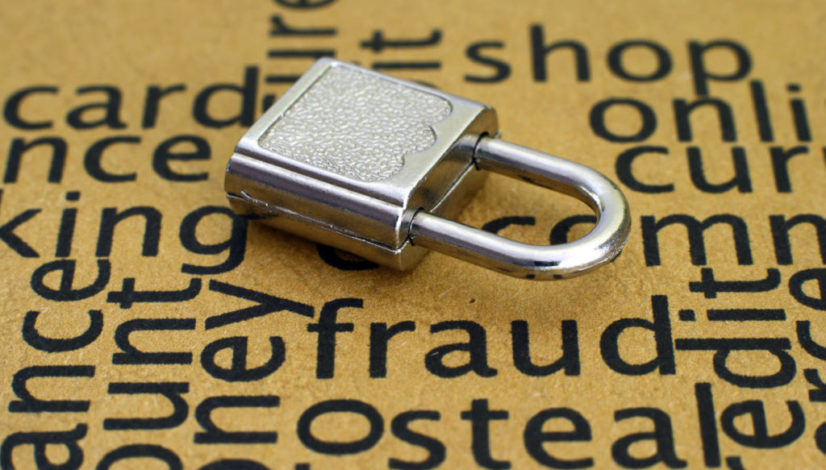How to Avoid Wire Fraud
How to Avoid Wire Fraud
[/vc_column_text][vc_column_text]The number of wire transfers has almost doubled and the total dollar amount of transfers tripled in the past 20 years. Those figures make transfers appealing for fraud attempts. Criminals attempting wire fraud use a variety of methods to access your personal accounts and intercept wire transfers.
Wire transfers are a simple, convenient way to transfer funds electronically, especially for down payments on real estate. These transactions often include large dollar amounts that are attractive to thieves.
While the security experts at banking institutions try to stay ahead of ever-evolving schemes and attacks, there are a number of ways you can protect your personal information, bank accounts and wired funds.
One of the best ways to prevent your information falling into the wrong hands is to use different, complicated passwords for multiple services and change them on a regular basis. If a fraudster compromises your email account, it’s likely that person also can access your online banking information and initiate a wire transfer.
As another level of security protection, Aronoff, Rosen & Hunt partner Tina Donnelly recommends the personal touch, especially for international wire transfers.
“We recommend that our clients actually call the company at the receiving end of the transaction to ensure proper procedures, and then call again after the transaction to confirm they’ve received the funds,” she said.
“Recently we had a client who expected to receive a down payment from another party. Our client arrived at closing only to learn the payment had been intercepted due to fraudulent activities,” she said.
If you suspect wire fraud, contact the company immediately to try to reverse the transaction. Report it to the Federal Trade Commission at 1-877-FTC-HELP. You also can contact our firm at 513-241-0400 for additional resources and help.

